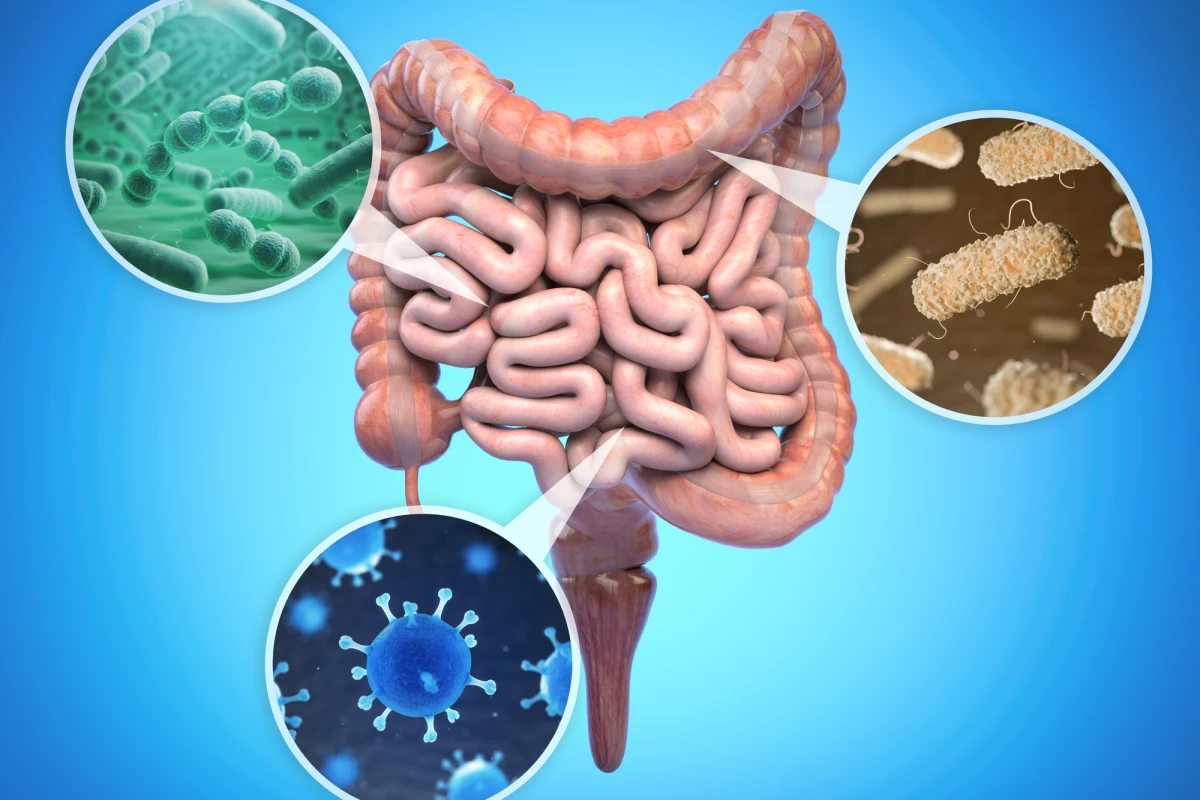Two newly published studies are offering novel insights into the relationship between our diets, gut microbiome, and general health. One study is suggesting a Mediterranean diet can reconfigure gut bacteria to promote healthy aging, while a second study reveals plant-based diets can reduce gut microbe production of a metabolite linked to heart disease.
Our gut microbiome, much like the rest of our body, changes distinctly as we age. Prior research has found poor diets in older subjects are linked to less diverse gut microbiomes and more rapid signs of frailty and aging. In one new study an international team of researchers set out to investigate whether a Mediterranean diet, sustained for 12 months, altered an older microbiome and improved biomarkers associated with healthy aging.
Over 600 subjects were studied, aged between 65 and 79. Half of the cohort continued on their normal diet, while the other half followed a form of Mediterranean diet particularly designed for senior citizens, called the NU-AGE diet.
“We observed that increased adherence to the MedDiet modulates specific components of the gut microbiota that were associated with a reduction in risk of frailty, improved cognitive function and reduced inflammatory status,” the researchers explain in the new study.
After 12 months on the Mediterranean diet the researchers identified increased gut bacterial diversity and improved metabolic markers associated with general healthy aging. Interestingly, the study does reference a prior trial investigating the effect of prebiotic supplementation on microbiome diversity in the same age group. That study found little change to overall microbiome diversity after six months of daily prebiotic supplementation. Although the prebiotics did enhance specific microbial populations, overall gut microbiome diversity was not improved and, despite the specific bacterial changes, the study did not detect improvements in inflammatory biomarkers.
These results, taken in tandem with the new results, suggest overall dietary interventions are more effective at maintaining general health and microbiome diversity, instead of focusing on particular pre or probiotic supplementation.
A second newly published study looking at diet, health, and the microbiome, homed in more specifically on a very specific gut metabolite strongly linked to heart disease. Prior study has revealed a significant association between high levels of trimethylamine N-oxide (TMAO) and increased risk of heart disease.
TMAO is produced in the gut when certain bacteria digest animal products, primarily red meat. A small Australian study last year found individuals consuming the popular Paleo diet had significantly higher levels of TMAO in their bloodstream compared to a cohort eating more traditional diets.
The new research examined data from a large longitudinal study known as the Nurses’ Health Study, which followed over 100,000 nurses for a decade. This data offers some of the first insights into the long-term relationship between TMAO blood levels and cardiovascular health.
Over 10 years a distinct link between increased TMAO levels and coronary heart disease (CHD) was detected. Women with the largest TMAO blood level increase across the 10-year period displayed a 63-percent higher risk of CHD.
"No previous prospective cohort study has addressed whether long-term changes in TMAO are associated with CHD, and whether dietary intakes can modify these associations,” says senior author on the new TMAO study, Lu Qi. “Our findings show that decreasing TMAO levels may contribute to reducing the risk of CHD, and suggest that gut-microbiomes may be new areas to explore in heart disease prevention."
These two new studies don’t imply the gut microbiome is the singular causal factor controlling general health and aging, but points more to a complex and bi-directional interplay between the bacteria living inside of us, the food we eat, and our overall health.
While it is still early days in the field of gut microbiome science, it’s becoming increasingly clear there is not one single magical probiotic that will be the key to perfect health. Instead the secret may be what we already know, that a balanced diet and active lifestyle is the best path to positive general health.
"The interplay of diet, microbiome and host health is a complex phenomenon influenced by several factors," the Mediterranean diet researchers conclude in their new study. "While the results of this study shed light on some of the rules of this three-way interplay, several factors such as age, body mass index, disease status and initial dietary patterns may play a key role in determining the extent of success of these interactions."
The Mediterranean diet study was published in the journal Gut, while the TMAO study was published in the Journal of the American College of Cardiology.
Sources: American College of Cardiology, The BMJ via Eurekalert




